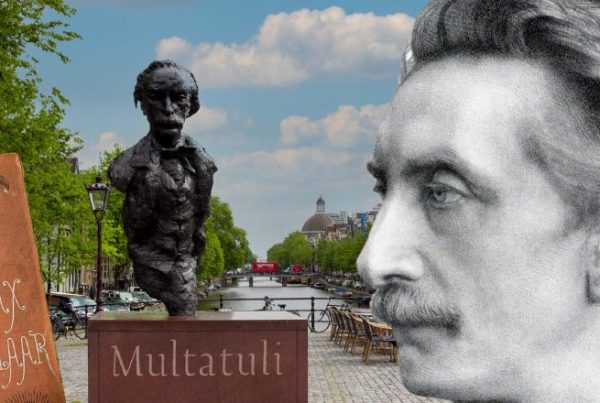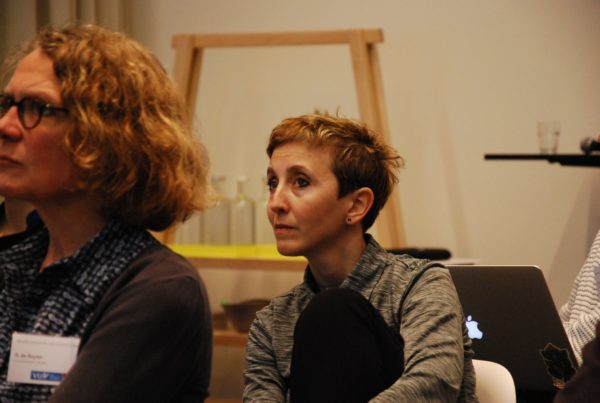The Epistemic Dimensions of Ignorance
Good news! CUP has just published a book, edited by Rik Peels and Martijn Blaauw, on the epistemic dimensions of ignorance. This volume is the first book entirely dedicated to the question of what ignorance is and in what varieties it comes.
Ignorance is a neglected issue in philosophy. This is surprising for, contrary to what one might expect, it is not clear what ignorance is. Some philosophers say or assume that it is a lack of knowledge, whereas others claim or presuppose that it is an absence of true belief. What is one ignorant of when one is ignorant? What kinds of ignorance are there? This neglect is also remarkable because ignorance plays a crucial role in all sorts of controversial societal issues. Ignorance is often thought to be a moral and legal excuse; it is a core concept in medical ethics and debates about privacy, and it features in religious traditions and debates about belief in God. This book does not only study an epistemic phenomenon that is interesting in itself, but also provides important tools that can be fruitfully used in debates within and beyond philosophy.
The book:
- discusses the nature and varieties of ignorance, giving the reader conceptual insight into an epistemic phenomenon that has received little attention in the past;
- relates ignorance to other debates in epistemology, such as debates on anti-intellectualism and on epistemic value, giving the reader material for potential breakthroughs in several contemporary epistemological debates;
- relates ignorance to fields other than epistemology, such as the philosophy of religion and social epistemology, providing readers with opportunities to apply new ideas to their own field.
Table of Contents
 1. Introduction, Rik Peels and Martijn Blaauw
1. Introduction, Rik Peels and Martijn Blaauw
2. The nature of ignorance: two views, Pierre Le Morvan and Rik Peels
3. The varieties of ignorance, Nikolaj Nottelmann
4. Ignorance and incompetence: linguistic considerations, Berit Brogaard
5. Explicating ignorance and doubt: a possible worlds approach, Erik J. Olsson and Carlo Proietti
6. Ignorance and epistemic contextualism, Michael Blome-Tillmann
7. Anti-intellectualism and ignorance, Jessica Brown
8. Ignorance and epistemic value, Duncan Pritchard
9. Ignorance and the religious life, Justin McBrayer
10. Epistemic injustice and the preservation of ignorance, Miranda Fricker
11. Ignorance and racial insensitivity, José Medina
The book is available via the CUP webshop.





